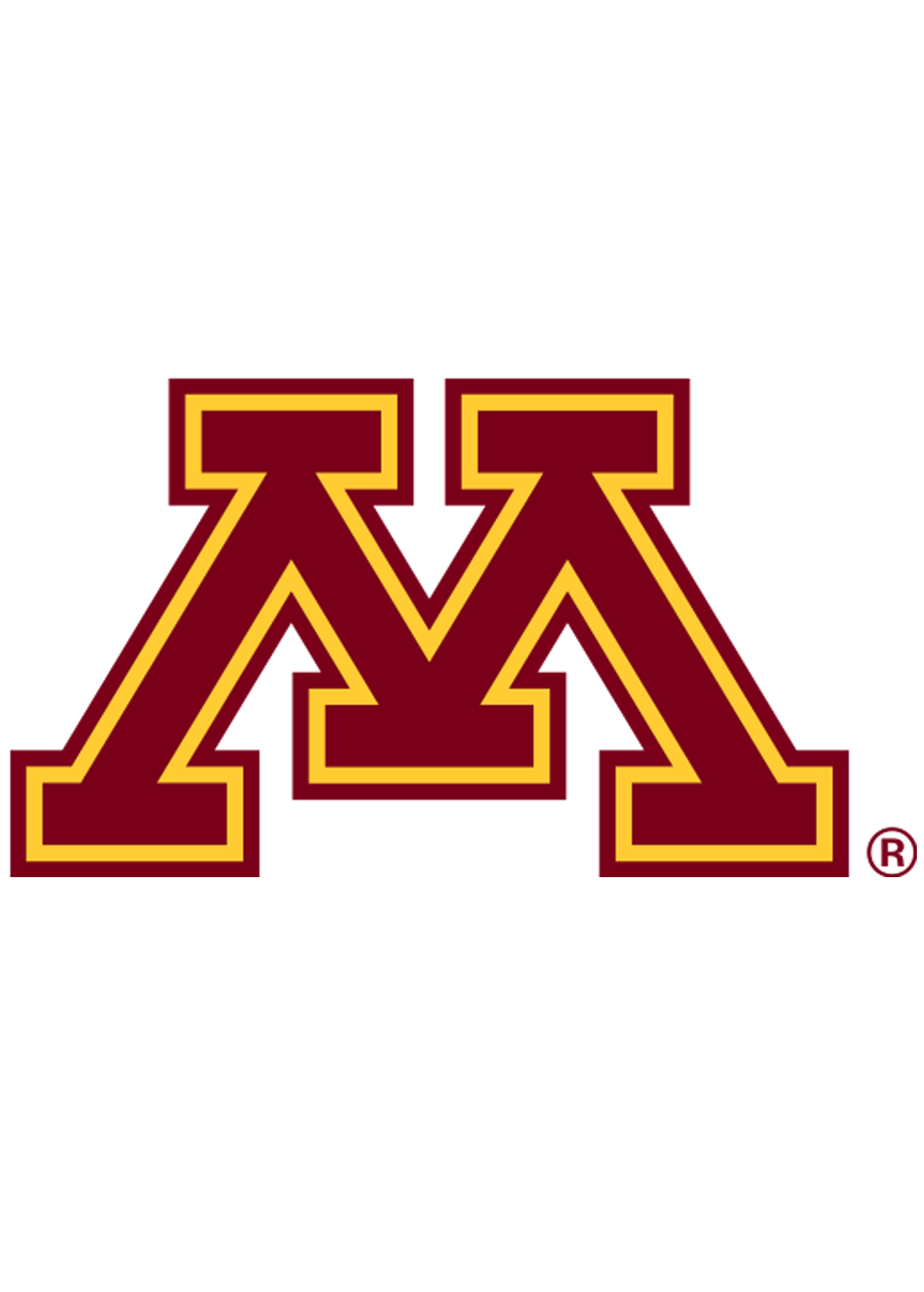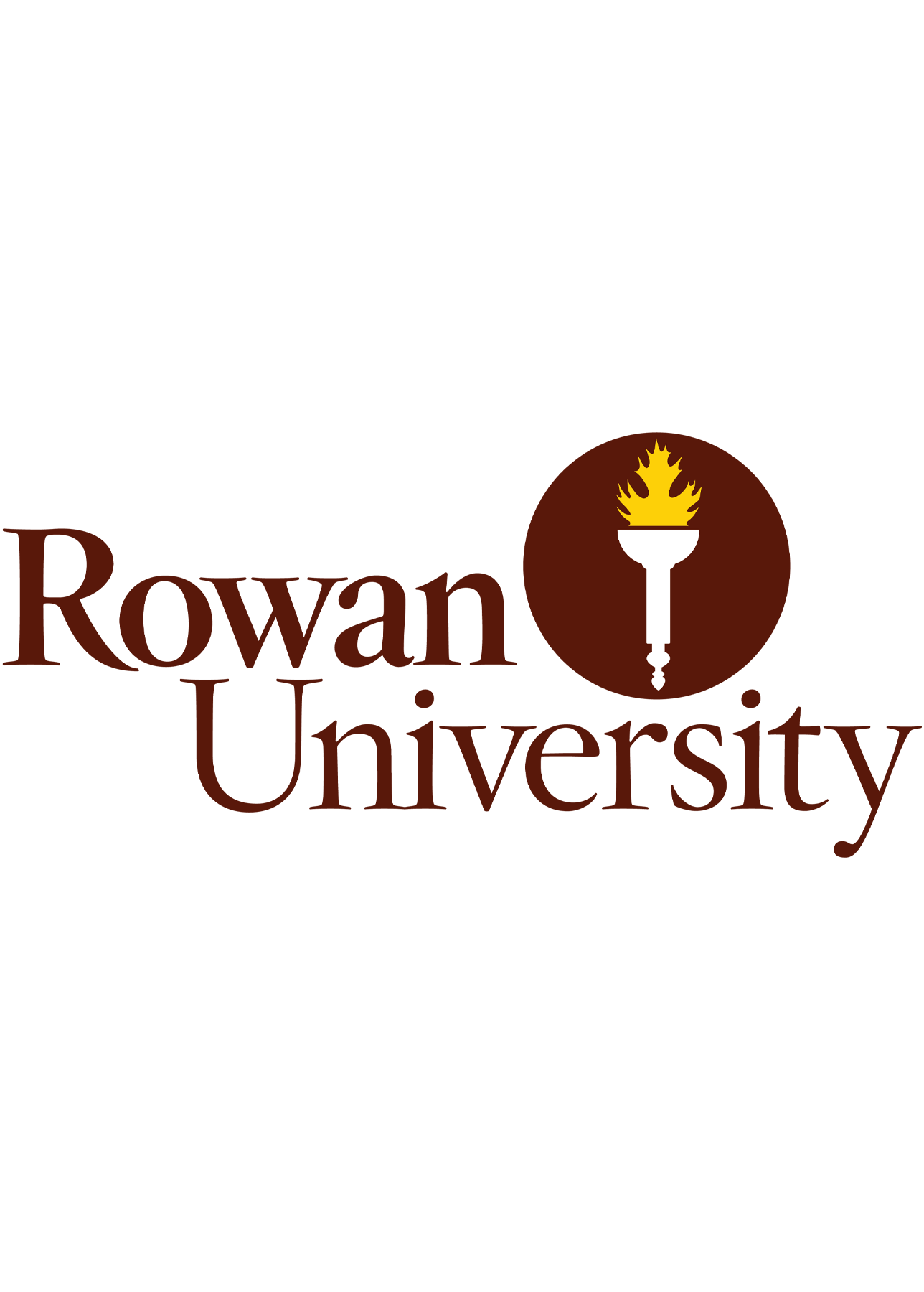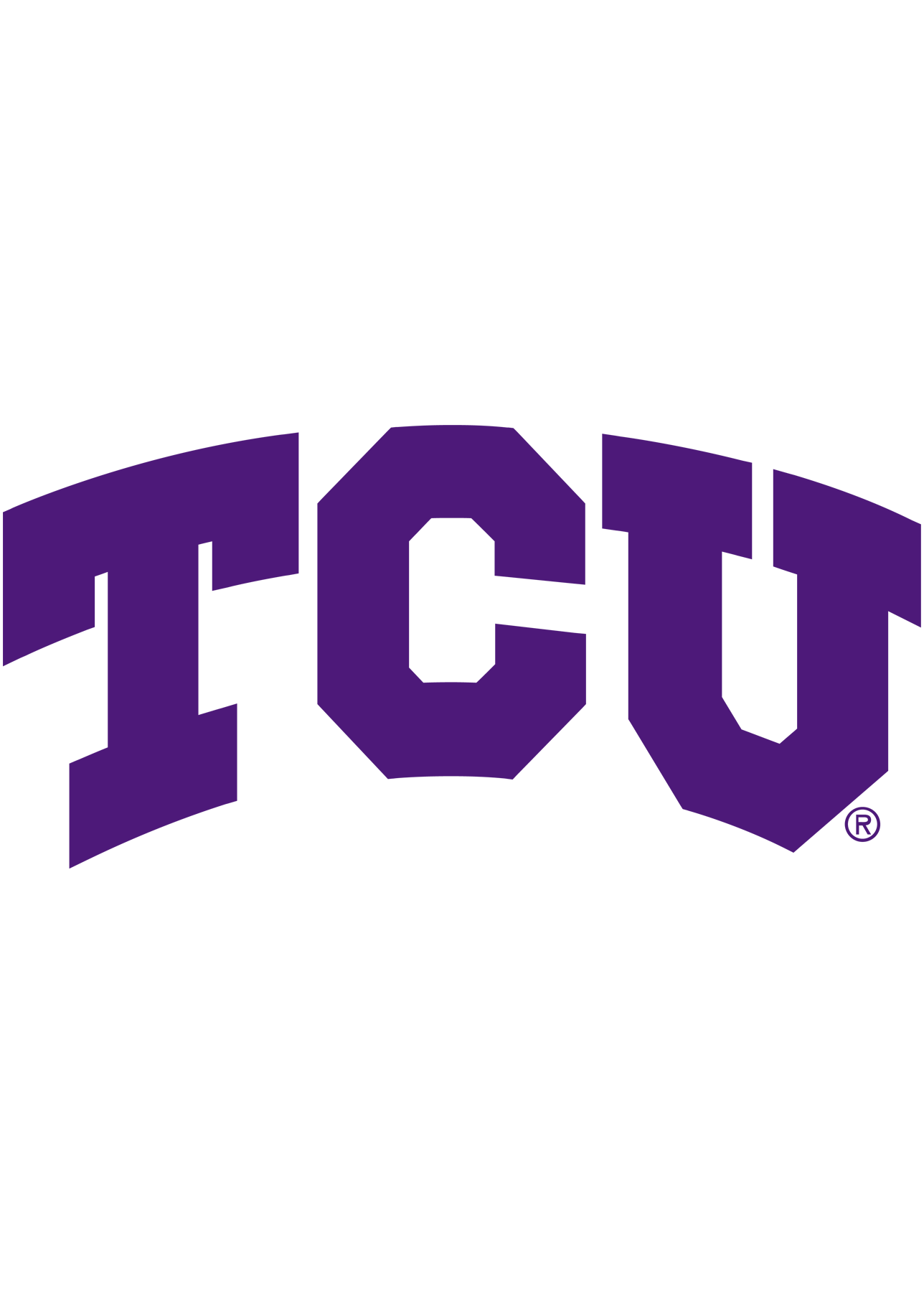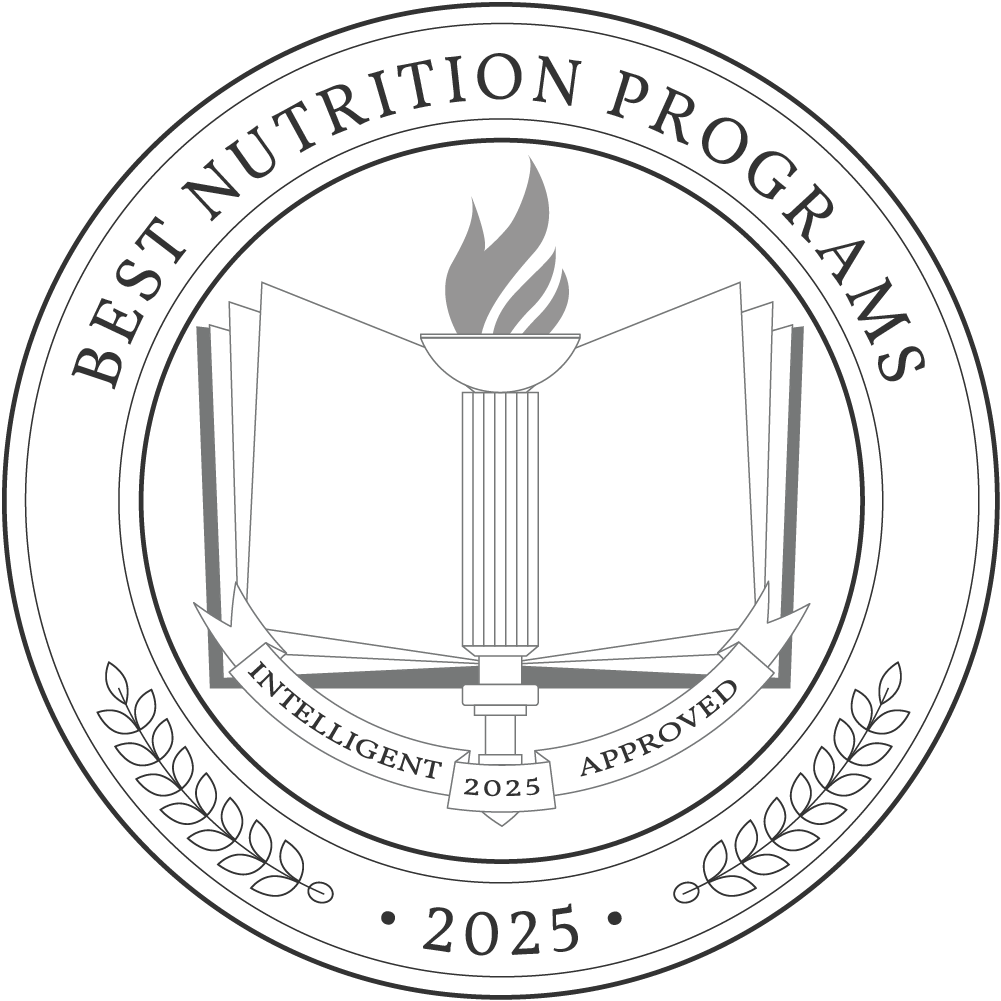Nutrition programs give students a thorough understanding of the relationship between nutrients and human health. Graduates work in hospitals, nursing homes, government agencies, or open independent practices where they can use nutrition to assist people with their short—and long-term health goals. Typical careers for nutrition students include nutritionists, dieticians, food scientists, and health educators.
In 2023, nutritionists earned a median annual salary of $69,680. However, wages vary depending on location, industry, and position. Those who work in nursing facilities have a median yearly salary of $65,690, while those employed in outpatient care centers have a median annual salary of $77,740. The United States now needs more nutritionists than ever, as nearly one in three Americans are overweight — employment in the field is expected to increase by 7% by 2032.
Most undergraduate nutrition programs require four years of full-time study, with the completion of 120 to 155 credits required for graduation. The average annual tuition and fees for a bachelor’s degree in nutrition is $16,618. Total costs will vary depending on the institution and student living requirements. Those who require room and board pay an average of $12,415 more annually.
Why Trust Us
The Intelligent.com Higher Education Team is dedicated to providing students with independent, equitable school and program rankings and well-researched resources. Our expert-driven articles cover topics related to online colleges and programs, paying for school, and career outlooks. We use data from the U.S. Department of Education’s College Scorecard, the National Center for Education Statistics, and other reputable educational and professional organizations. Our academic advisory team reviews content and verifies accuracy throughout the year for the most current information. Partnerships do not influence rankings or editorial decisions.
- Analyzed over 2,000 national, accredited, and nonprofit colleges and universities
- 800+ rankings pages are reviewed and updated yearly
- Content is informed by reputable sources, surveys, and interviews with academic advisors and other experts
- Over 100 data points are reviewed for accuracy and quality throughout the year, including sources
How we rank schools
Our list features the best Nutrition degree programs at top colleges nationwide. Each school featured is a nonprofit, accredited institution — either public or private — with a high standard of academic quality for post-secondary institutions.
We evaluated each school’s program on tuition costs, admission, retention and graduation rates, faculty, reputation, and the student resources provided for online students. We collected data from trusted sources like the National Center for Education Statistics, individual school and program websites, school admissions counselors, and other data sources. Then, we calculated the Intelligent Score on a scale of 0 to 100 based on the following criterion:
Academic Quality:
- Admission rate versus enrollment rate
- Retention rate of students who return after year one
- Accreditation status (regional and programmatic)
- Nonprofit status, both private and public institutions
Graduation Rate
- Overall graduation rate
- Total number of currently enrolled students, including diversity metrics
- Student-to-faculty ratio
Cost and ROI
- In-state and out-of-state per-credit tuition rates and fees
- Required credits to graduate
- Earning potential after graduation
- Availability of federal student loans, scholarships, and other financial aid options
Student Resources
- Available student services for online-only and hybrid programs
- On-campus amenities like tutoring centers and the number of libraries
Read more about our ranking methodology.
Best 32 Accredited Nutrition Degree Programs
FiltersInstitution Type
Status
- Intelligent Score
- Alphabetically By University Name
- Acceptance Rate
- Enrollment
- In-state Graduate Tuition
- Out-of-state Graduate Tuition
- In-state Undergraduate Tuition
- Out-of-state Undergraduate Tuition

Purdue University
Intelligent Score: 99.96In-state: $9,208
Out-of-state: $28,010
In-state: $9,208
Out-of-state: $9,208
SAT: 1170-1420
ACT: 25-33
Resient: $347
Non-Resident: $948
On-Campus
Accreditation Council for Education in Nutrition and Dietetics
120

University of North Carolina at Chapel Hill
Intelligent Score: 98.82In-state: $7,019
Out-of-state: $34,198
In-state: $10,552
Out-of-state: $10,552
SAT: 1280-1490
ACT: 28-33
Resient: $292
Non-Resident: $1,557
On-Campus
Accreditation Council for Education in Nutrition and Dietetics
120

University of Minnesota Twin Cities
Intelligent Score: 98.45In-state: $13,318
Out-of-state: $31,616
In-state: $17,580
Out-of-state: $17,580
SAT: 1240-1460
ACT: 25-31
Resient: $558
Non-Resident: $1,324
On-Campus
Accreditation Council for Education in Nutrition and Dietetics
120

University of Washington
Intelligent Score: 98.43In-state: $10,629
Out-of-state: $37,998
In-state: $16,278
Out-of-state: $16,278
SAT: 1200-1453
ACT: 27-33
Resient: $455
Non-Resident: $1,435
On-Campus
Accreditation Council for Education in Nutrition and Dietetics
180

The University of Texas at Austin
Intelligent Score: 96In-state: $11,448
Out-of-state: $40,032
In-state: $12,028
Out-of-state: $12,028
SAT: 1210-1470
ACT: 26-33
$1,770
On-Campus
Accreditation Council for Education in Nutrition and Dietetics
120

Ohio State University
Intelligent Score: 93.34In-state: $10,615
Out-of-state: $32,599
In-state: $11,560
Out-of-state: $11,560
SAT: 1210-1430
ACT: 26-32
Resient: $492
Non-Resident: $1,062
On-Campus
Accreditation Council for Education in Nutrition and Dietetics
120

University of Missouri
Intelligent Score: 93.05In-state: $9,330
Out-of-state: $27,612
In-state: $9,478
Out-of-state: $9,478
SAT: 1110-1320
ACT: 23-29
Resient: $617
Non-Resident: $1,459
On-Campus
Higher Learning Commission
120

Wayne State University
Intelligent Score: 93.03In-state: $13,024
Out-of-state: $29,894
In-state: $16,285
Out-of-state: $16,285
SAT: 1000-1200
ACT: 20-27
Resient: $528
Non-Resident: $1,199
On-Campus
Accreditation Council for Education in Nutrition and Dietetics
120

University of Pittsburgh
Intelligent Score: 92.89In-state: $18,628
Out-of-state: $32,656
In-state: $23,530
Out-of-state: $23,530
SAT: 1243-1420
ACT: 28-32
Resient: $1,057
Non-Resident: $2,040
On-Campus
Accreditation Council for Education in Nutrition and Dietetics
120

Rowan University
Intelligent Score: 90.69In-state: $9,573
Out-of-state: $18,605
In-state: $12,879
Out-of-state: $12,879
SAT: 1040-1250
ACT: 20-28
Resient: $432
Non-Resident: $813
On-Campus
Accreditation Council for Education in Nutrition and Dietetics
120

University of Illinois at Chicago
Intelligent Score: 90.34In-state: $14,317
Out-of-state: $33,824
In-state: $15,016
Out-of-state: $15,016
SAT: 1200-1460
ACT: 27-33
$932
On-Campus
Accreditation Council for Education in Nutrition and Dietetics
120

Utah State University
Intelligent Score: 90.12In-state: $6,732
Out-of-state: $21,677
In-state: $6,164
Out-of-state: $6,164
SAT: 1080-1320
ACT: 21-29
Resient: $712
Non-Resident: $2,133
On-Campus
Accreditation Council for Education in Nutrition and Dietetics
120

Indiana State University
Intelligent Score: 88.72In-state: $9,186
Out-of-state: $20,290
In-state: $7,668
Out-of-state: $7,668
SAT: N/A
ACT: N/A
Resient: $351
Non-Resident: $758
On-Campus
Higher Learning Commission
120

Texas Christian University
Intelligent Score: 88.04In-state: $51,570
Out-of-state: $51,570
In-state: $32,220
Out-of-state: $32,220
SAT: 1110-1320
ACT: 25-31
$2,145
On-Campus
Accreditation Council for Education in Nutrition and Dietetics
120

University of Vermont
Intelligent Score: 87.12In-state: $16,392
Out-of-state: $41,280
In-state: $12,294
Out-of-state: $12,294
SAT: 1160-1350
ACT: 26-31
Resient: $678
Non-Resident: $1,780
On-Campus
Accreditation Council for Education in Nutrition and Dietetics
128

Washington State University
Intelligent Score: 85.87In-state: $10,202
Out-of-state: $25,145
In-state: $11,781
Out-of-state: $11,781
SAT: 1020-1210
ACT: 20-26
Resient: $578
Non-Resident: $1,382
On-Campus
Commission on Accreditation of Allied Health Education Programs
120

Buffalo State University
Intelligent Score: 84.10In-state: $29,572
Out-of-state: $39,992
In-state: $31,645
Out-of-state: $31,645
SAT: NA
ACT: NA
Resient: $295
Non-Resident: $729
On-Campus
Accreditation Council for Education in Nutrition and Dietetics
120

University of Mississippi
Intelligent Score: 82.92In-state: $8,718
Out-of-state: $24,990
In-state: $8,718
Out-of-state: $8,718
SAT: 1010-1230
ACT: 22-30
Resient: $385
Non-Resident: $732
On-Campus
Accreditation Council for Education in Nutrition and Dietetics
120
How to Choose a Nutrition Program
Choose your area of study
There are four degree types available for students pursuing a career in nutrition: associate, bachelor’s, master’s, and doctorate. These degrees vary in their curriculum, length, and career outlooks.
An associate degree in nutrition teaches students the foundations of nutritional science and prepares them for entry-level jobs, such as nutrition technicians and dietary aids. Most associate programs require 60 credits and two years of full-time study.
A bachelor’s degree in nutrition typically requires four years of full-time study. It combines core and elective coursework to give students a thorough understanding of nutritional science. This degree prepares students to become nutritionists, dieticians, and food scientists.
Students who pursue advanced careers in the field can obtain a Master of Science or Master of Public Health in nutrition. Master’s programs often take two years of full-time study to complete and expand on the foundational knowledge of a bachelor’s degree to develop expertise in a specific area of the field.
Those who wish to continue their studies can pursue a Doctor of Philosophy in nutritional science or a Doctor of Clinical Nutrition, among other Ph.D. programs. These research-heavy programs require four to six years of full-time study and prepare students for academic positions, leadership roles in public health, and senior positions in research institutions.
Many nutrition programs offer specializations that align with a student’s career goals and interests, such as clinical nutrition, food science, dietetics, pediatric nutrition, and global nutrition.
Research schools and programs
When researching schools and programs, look for those that are institutionally and programmatically accredited.
Schools receive institutional accreditation on a regional and national level to certify that they meet quality standards set by the Department of Education. Institutional accrediting bodies include the Higher Learning Commission, the Southern Association of Colleges and Schools Commission on Colleges, and the Northwest Commission on Colleges and Universities.
Nutrition programs can receive programmatic accreditation from the Accreditation Council for Education in Nutrition and Dietetics. Programmatic accreditation ensures that the program provides a high-quality learning experience and adequately prepares students for their careers.
To learn more about the culture, available programs, and campus life of prospective schools, consider furthering your research by:
- Visiting them in person
- Attending open houses
- Browsing their website
- Following them on social media
- Speaking with an admissions counselor
Prepare for tests and applications
Review the admissions page of prospective programs to determine the application deadline, fees, and requirements. The required materials will vary by school, but most will ask you to submit the following:
Speak with an admissions advisor before submitting your application to ensure you include the correct materials and meet the requirements.
Select your program
When selecting a nutrition degree, evaluate your options based on your career goals and logistical needs. Consider the following when making your choice:
- Learning options
- Cost
- Program length
- Housing availability
- Specialization options
For guidance in narrowing your options, speak with an academic advisor or program representative. They’ll review the programs and help you find the best choice for your needs.
Determine how you’ll pay for your degree
Create a budget outlining your academic and living expenses to determine whether you can pay for the program on your own or require financial aid. Include tuition, fees, supplies, housing, transportation, and extracurriculars in your calculation.
Visit the Free Application for Federal Student Aid (FAFSA) website and apply to learn the amount of financial assistance you’re eligible for, including grants, scholarships, work-study funds, and loans. If you’re currently employed in the nutrition field, you can also ask your employer if they offer employee tuition assistance benefits.
What Can You Expect From a Nutrition Program?
Nutrition programs teach students how to improve people’s health through nutritional science. Programs often begin with foundational coursework focusing on nutrition, biology, chemistry, and anatomy, then incorporate electives tailored to a student’s chosen specialization. The curriculum will cover a wide range of topics, including human physiology, food science, public health, and global nutrition.
Students will use various learning methods, including lectures, labs, case studies, research projects, and exams, for a well-rounded and immersive curriculum. Many programs also include an internship or research capstone that allows students to demonstrate the skills and knowledge they have learned throughout the program.
Potential courses you’ll take in a nutrition program
- Biology of Cells and Organisms. Students will study molecular, cellular, and organismal biology, focusing on cell structure and function, metabolism, molecular genetics, diversity, and anatomy.
- Kinesiology. This course gives an overview of kinesiology and examines the fundamental concepts of human movement, how they intersect with nutrition, and how both concepts impact general health and well-being.
- Culture and Food. Students examine the food habits of different cultures, learn to recognize and evaluate food systems, and review how food is synonymous with different cultures.
- Clinical Nutrition II. This course examines the principles of nutrition, pathology, education, psychology, and biochemistry and how they relate to the management of diseases such as cancer, diabetes, and HIV/AIDS.
Nutrition Degree Frequently Asked Questions
How do I apply to a nutrition program?
To apply for a nutrition degree, visit the program website and review the application process and required materials. Most instructions will require you to submit your high school transcripts, test scores, a personal essay, and letters of recommendation. Contact an admissions advisor before submitting your application to ensure you gather the correct materials and understand the admissions process.
How much does a nutrition degree cost?
The average annual cost for a bachelor’s degree in nutrition is $16,618, but it will vary by school and program. Those enrolled in part-time or online programs may see lower expenses due to reduced overhead costs or fewer courses taken per semester. Students should also consider additional expenses, including housing, supplies, and transportation, that may increase their yearly costs.
How long does it take to earn a nutrition degree?
Most undergraduate nutrition degrees require four years of full-time study, consisting of 120 to 155 credits. Those who need a more flexible schedule can opt for part-time or asynchronous programs that allow students to complete the degree at their own pace. Accelerated programs are also available for those who wish to complete the program in less time.

